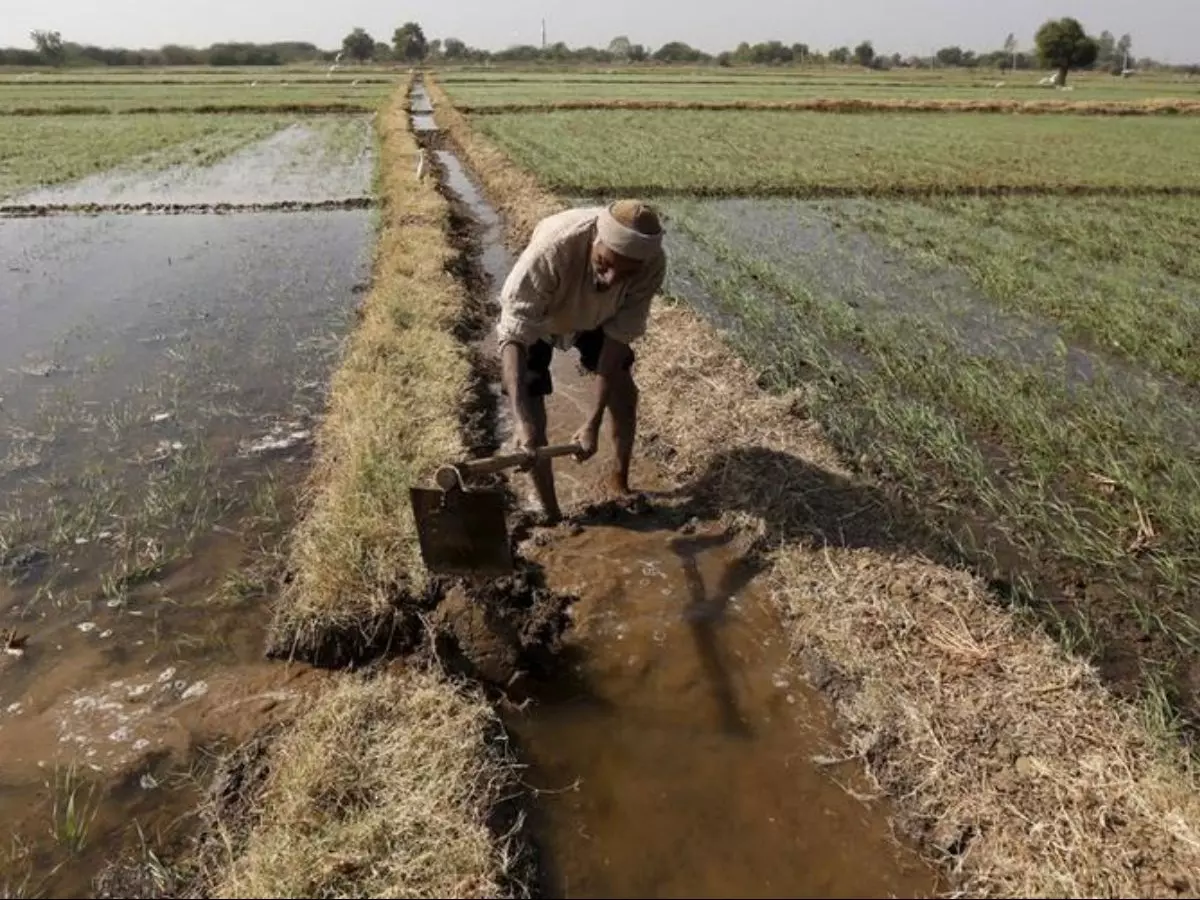Indian Students Build Device For Farmers To Better Monitor Their Crop Health And Improve Yield
A team of students from Lovely Professional University (LPU) along with their faculty have invented ¡®e-parirakshak¡¯, an AI and IoT based system for smart farming.

We¡¯re seeing IoT devices in our homes to simplify our lives and now, a bunch of students and professors have brought the magic of IoT to the farms in India.
 Reuters
Reuters
A team of students from Lovely Professional University (LPU) along with their faculty have invented ¡®e-parirakshak¡¯, an AI and IoT based system for smart farming.
The IoT device helps in closely monitoring an agricultural field for a variety of things like fertility, water levels, soil pH, the temperature of soil as well as moisture levels. It also adds the ability to smartly control water pumps, blowers and sprinklers remotely.
The Iot device also collects the data and stores it in the cloud for further analysis.
The device itself consists of numerous sensor nodes which can be deployed in the field. The small device has an LCD screen that shows the necessary information
From the data collected, the system harnesses advanced machine learning algorithm use all the aforementioned factors to tell the farmer what crop will best thrive on the field. It also suggests the amount of water, fertilizer and pesticide the farmer should add for better health of the crops.
 LPU
LPU
The device is also capable of detecting any diseases or infections that the crop might or has contracted and notify the farmer in real-time. The system can be used for both modern and traditional farming practices with support for open field, hydroponic and vertical farming.
In case you were wondering how the IoT device would work, considering most farms don¡¯t have internet connectivity, the device does not need an internet connection and works within a range of 10kms with star topology. Its range can also be increased if required by using mesh topology.
The university has already applied for the patent for the IoT device and is approaching farmer NGOs for its adoption.
